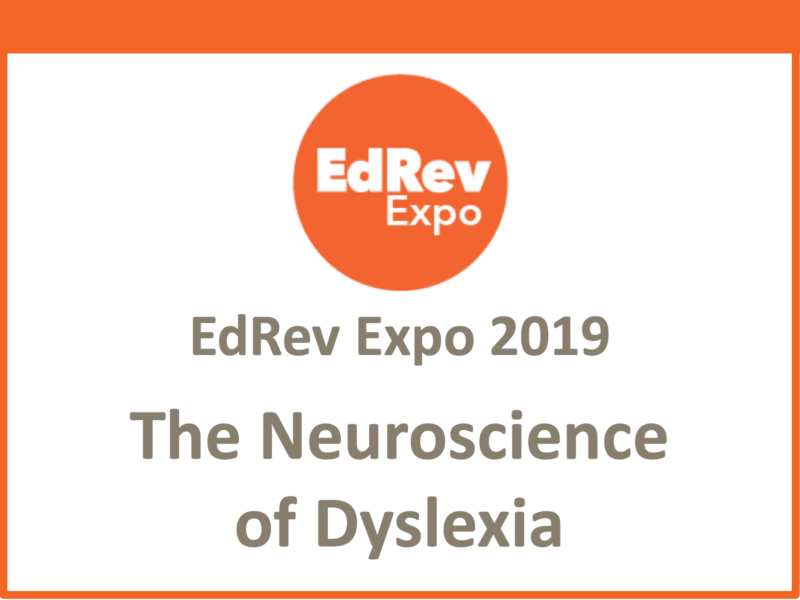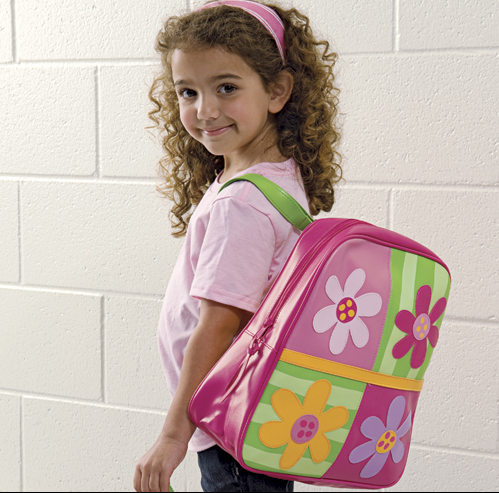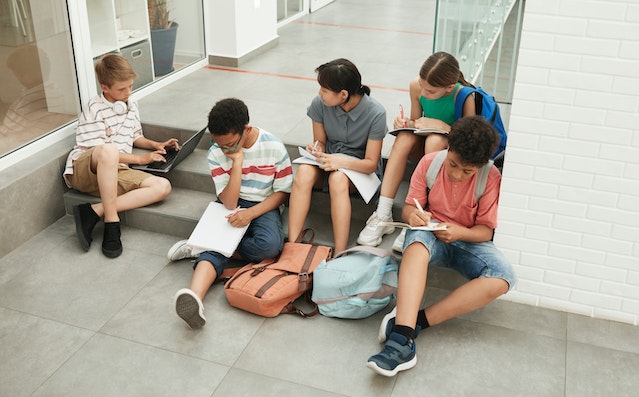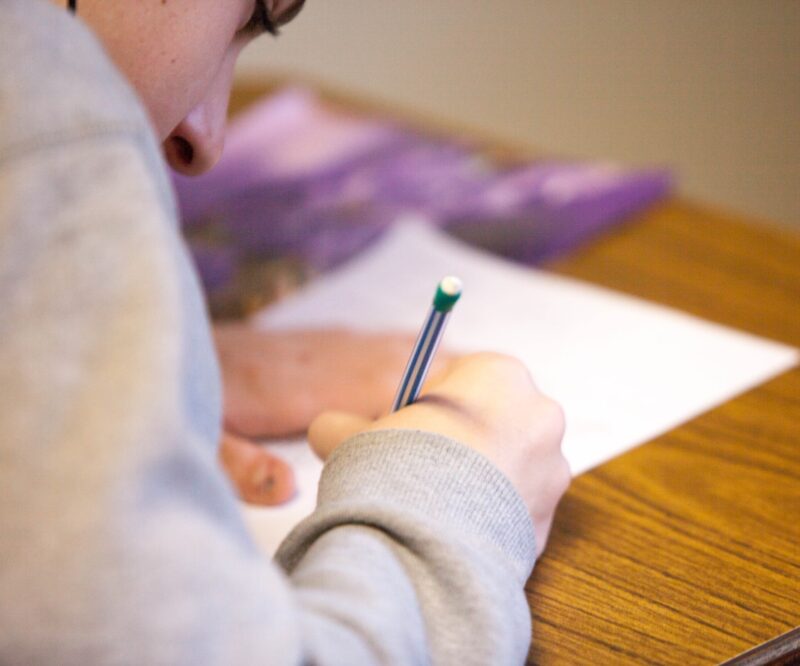
Why Social-Emotional Learning Is Suddenly in the Spotlight
Growing up can be tough. As young people’s bodies and brains are changing rapidly, they’re also grappling with new ideas and influences that will shape who they become. Students today are distracted; they’re under a lot of pressure, and they’re Read more >>











